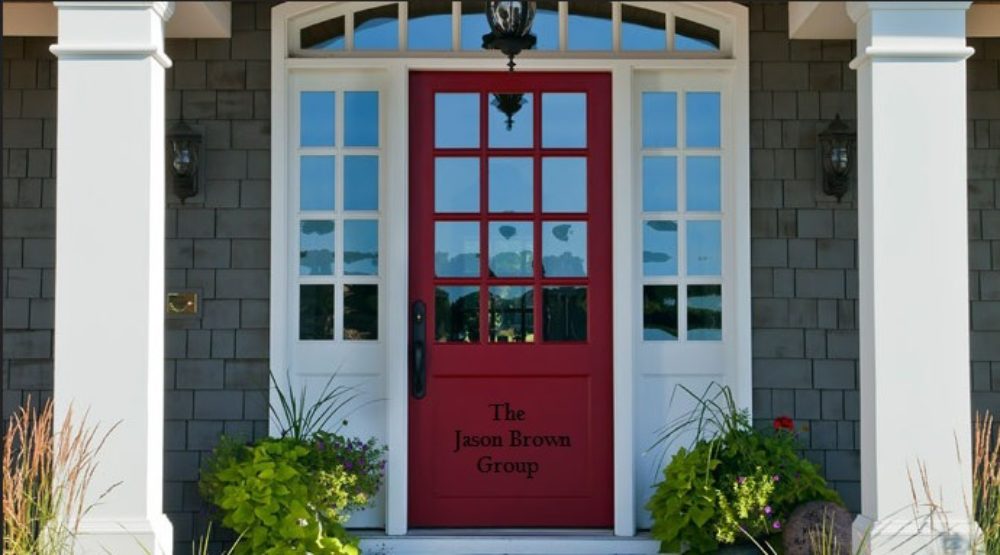The Pulse Of The Kansas City Real Estate Market
So you’ve taken the big leap, gotten Pre-approved to buy a home, located the perfect home, made an offer and have now gone under contract… You’ve heard that all that’s left to worry about is the home inspections, right? While these are several of the most critical aspects of the real estate transaction, there’s another aspect which often gets overlooked by home buyers. And that aspect is making any changes to your credit report after the time you got pre-approved and prior to closing on your home.
When many home buyers here this, they think as long as they stay current on their current payments that they’ll be in good shape. While those are very important, it’s more complicated than that and because the home buyer also needs to know they shouldn’t buy any new items that require using credit. Doing so will very likely alter your credit score, even if all payments are made on time. So buying a car after you go under contract is a terrible idea and home buyers should always wait to make any additional purchase until their real estate transaction has closed.
Just last month one of my buyer’s agents had a buyer go and purchase a refrigerator after going under contract. It had such an affect on the buyer’s credit that the automated underwriting system determined the buyer no longer qualified for the loan and that stopped the real estate closing. Fortunately for everyone, the lender was able to rerun the credit a couple of weeks later and the buyer’s credit was back in line enough to allow the closing to take place. Fortunately the seller was patient enough to extend the close date or it could have turned out even worse for everyone.
So be sure to hold off buying the new car, boat, appliances, jewelry, furniture, etc until you have closed on your home. You should also avoid opening any new credit card accounts or doing anything else that would result in a change to your credit report. A couple of other things to avoid doing after you get pre-approved and before closing… Don’t switch bank accounts during this time and avoid making any unusual (ie. large cash) deposits into your bank account.
Posted by Jason Brown





